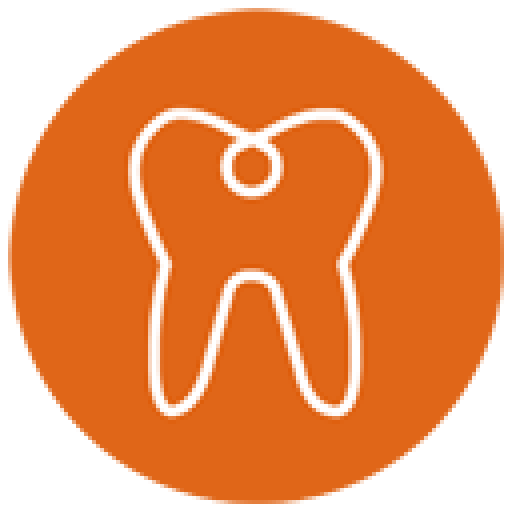FAQ
Normally, the advice is to use fluoride-necessary to prevent cavities from forming in teeth-through the toothpaste.
Children aged 0 and 1 years, once the first teeth have erupted, should be brushed once a day with fluoridePEUTER toothpaste.
Children aged 2, 3 and 4 years should be brushed 2x a day with fluoridePEUTER toothpaste.
Everyone 5 years of age and older should brush with fluorideVOLWASSSEN toothpaste twice a day.
Additional use of tablets or rinse drink is not required by default, only after specific advice from the dentist.
A loosened baby tooth should never be reinserted (so as not to damage the underlying permanent tooth).
A knocked-out permanent tooth should be replaced as soon as possible.
Find the tooth as soon as possible.
Grasp the tooth by the crown (that’s the part normally visible above the gums). Touch the root of the tooth as little as possible. Otherwise, there is less chance that the tooth will reattach in the jaw.
If necessary, rinse the tooth briefly, preferably in a bowl of milk, or else with saliva (in the patient’s mouth). Do not scrub the tooth with a brush!
Carefully put the tooth back into the jaw.
Then hold the teeth together with a gauze or paper handkerchief between them.
Get to the dentist (or his or her replacement – this really is an emergency!) as soon as possible. This will fix the tooth.
You may contact one of our front desk staff by phone (030-2319625) to inquire about accepting new patients.
You should ask your previous dentist yourself to have your records forwarded. Remember to notify your insurer that you have switched dentists.
It is wise to arrive a little earlier for your initial consultation so you can fill out the medical health questionnaire. You will soon be able to download the medical health questionnaire here and bring it completed.
From 3 years, then all milk molars have broken through. It is advisable to bring your child from birth to get your child used to the dentist in advance.
When you have a white filling, you can eat and drink immediately. When you are sedated, be careful not to bite your cheek or tongue.
We recommend a checkup appointment every six months. Thus, gum disease, cavities and problems with old fillings can be detected early.
Photos are taken to get a clear picture of your teeth, including between teeth and under fillings. Depending on the teeth, we recommend getting new photographs every year or year and a half.
Tell your dentist what medications you are taking. The latter may ask you to contact your primary care physician. For example, when using blood thinners, you may need to stop taking them a few days before treatment.
In some hospitals, you can visit the special dentistry department. Unfortunately, we regularly hear that there are long wait times for this. For more information on dental anxiety, please visit the following link www.tandarts.nl
Yes, every treatment is preceded by a conversation in which it is clearly explained and discussed what is going to happen. The dentist and assistant will try to put you at ease. In addition, the TV can be set to your favorite channel.
You will receive the bill from Infomedics via your email or if you wish by mail.
On average, a Crown will cost about €550 / €600 euros (including technique costs). A bridge will cost about €1650 / €1700. Of course, this is a rough estimate. If you want estimates of the cost adapted to your situation, you can ask the dentist for an estimate. It is also useful to use, when inquiring about reimbursements with your insurance company. Common codes in crown and bridge work: R24,G10, A10.
For more information check out the frequently asked questions at: www.allesoverhetgebit.nl.
For an estimate of technique costs, please check with your dentist and request an estimate.
